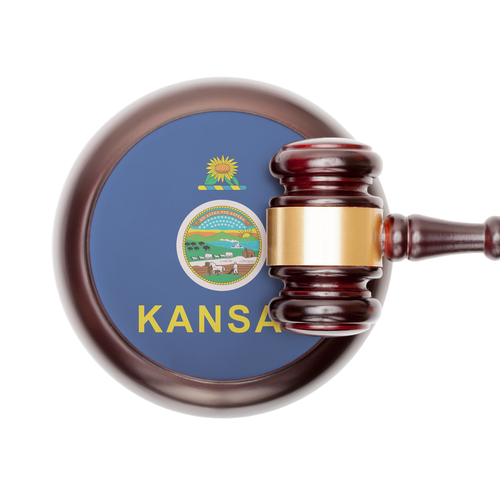Why the Louisiana movie theater gunman was able to buy a gun
A background check didn’t bar Louisiana movie theater suspect John Russell Houser from buying a semiautomatic handgun at a pawnshop last year because his court-ordered mental evaluation in 2008 didn’t result in an involuntary commitment, Georgia officials say.
Judge Betty Cason of Carroll County told the Associated Press she signed an order in 2008 authorizing deputies to take Houser to the hospital for a five-day evaluation at the request of Houser’s family. At the end of the five days, medical officials had the option of petitioning a judge for involuntary commitment.
Houser, a 1998 graduate of Faulkner University’s Thomas Goode Jones School of Law in Alabama, shot and killed two people at the movie theater last week, according to an Al.com story noted by Above the Law. Houser didn’t apply to take the bar exam, according to Alabama State Bar records.
There was never an involuntary commitment in his 2008 case, according to the chief clerk in the county at the time, the Washington Post reports. The chief clerk would have reported any involuntary commitments to law enforcement.
The National Instant Criminal Background Check System is supposed to bar dangerous people from obtaining guns, but it is “riddled with problems,” the New York Times reports. The suspect charged with killing nine people in a Charleston, South Carolina, church shooting, Dylann Roof, was able to buy a gun though he should have failed the background check. Roof’s prior admission to illegal drug possession didn’t bar the purchase because of a clerical error and confusion by the federal examiner who saw the arrest record.
Banned buyers under the law include those convicted of felonies, certain drug crimes and certain misdemeanors, and those who are involuntarily committed by a court for being dangerous and in need of mental health treatment.
States aren’t required to contribute names of people who should be banned from buying guns to the federal database, and most do not look through old records to find people to place on the list, the Times says. In addition, states have varying standards for involuntary commitment.
Another gap: The background check law applies only to federally licensed gun dealers. About 40 percent of gun sales aren’t covered by the law because the seller is a private party.



